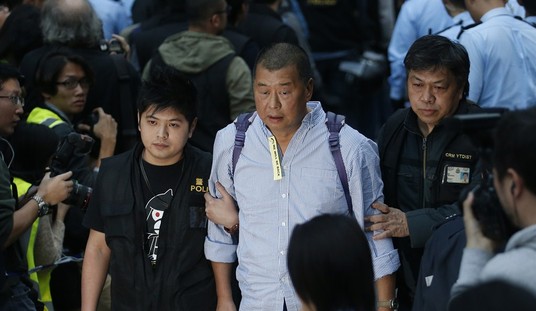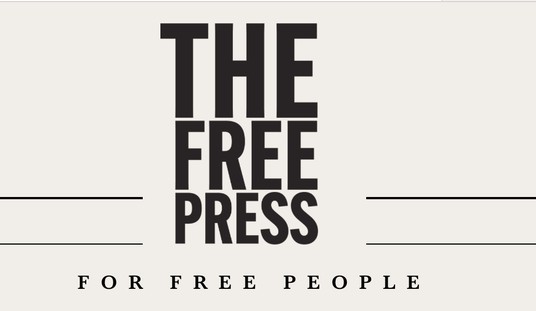The White House is still scrambling to find ways to cut down on vaccine hesitancy (or rejection) while the media hypes the “anger of the vaccinated” toward those who are still resisting. Since the lotteries and celebrity endorsements don’t seem to be working, some state and municipal governments are attempting another tactic. They’re paying social media “influencers” to use their platforms to encourage people to roll up their sleeves. These popular YouTube and Instagram stars apparently reach a large cross-section of demographics, so they’re hoping that they will have better luck than Dr. Fauci has had with his endless press releases and cable news appearances. Will it work? (Associated Press)
As a police sergeant in a rural town, Carlos Cornejo isn’t the prototypical social media influencer. But his Spanish-language Facebook page with 650,000 followers was exactly what Colorado leaders were looking for as they recruited residents to try to persuade the most vaccine-hesitant.
Cornejo, 32, is one of dozens of influencers, ranging from busy moms and fashion bloggers to African refugee advocates and religious leaders, getting paid by the state to post vaccine information on a local level in hopes of stunting a troubling summer surge of COVID-19…
It’s part of a growing U.S. state- and city-based movement using local social media influencers to reach the most vaccine-hesitant at a neighborhood level. Health authorities in Chicago, Oklahoma City, San Jose, California, New Jersey and elsewhere are running similar campaigns.
So what sort of internet celebrities are on the payroll to do this work? Here’s one example for you. This “influencer” is known as “Kooper the Gen Z intern.” (Potentially disturbing content warning.)
Kooper the Gen Z (@WhiteHouse) intern 😋🇺🇸 pic.twitter.com/zFItHhqJqp
— Benito Skinner (@BennyDRAMA7) August 9, 2021
Colorado is paying these influencers up to $1,000 per month to push the pro-vaccination message. They are quietly focusing on minority communities because that’s where the rates of vaccine hesitancy remain the highest.
Maybe it’s just me, but this doesn’t sound like the best idea in the world. Who specifically is your target audience? Are you trying to reach people who aren’t buying the company line from the CDC or any of the talking heads at the cable news networks but are somehow going to change their mind because somebody posting Instagram videos about their cats tells them to do it? Perhaps an even bigger point to make involves the issue of these influencers being paid by the government.
It just seems as if this would provoke the same response in people that’s been seen when the state tries to pay them directly or gives away lottery tickets and scholarships. How many people are going to hear about these programs involving their favorite YouTube stars and ask themselves why they should listen to an influencer who wasn’t saying a thing about getting vaccinated until they were paid to do it?
I have no idea what the educational background and job requirements are to be an Instagram superstar. But if it doesn’t involve a medical degree in epidemiology or some related field, I’m not sure how much “influence” they should be generating. The linked report list online personalities including fashion bloggers, street artists, and people with cooking shows, among others. All that apparently matters to the marketing firms who are setting up these contracts is the number of followers that the web celebrity has.
But hey, if you’re taking your medical advice from Kooper the Gen Z intern, that’s totally your call. Now if you’ll excuse me, I need to go start my own YouTube channel about martinis and UFOs. But I’ll skip the medical advice. I’m not a doctor.







Join the conversation as a VIP Member